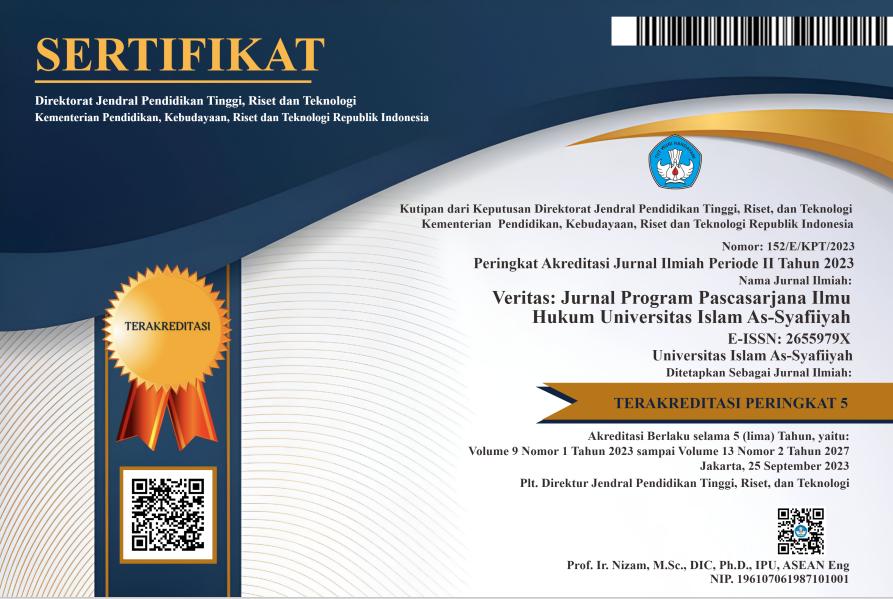PENEGAKAN HUKUM MATERIIL DALAM PERSELISIHAN HASIL PEMILUKADA DI INDONESIA
Abstract
Since the first local elections held, there are four periodization of authority to examine local election results: first, at the Supreme Court from 2005 to 2008; second, at the Constitutional Court from 2008 to 2013; Third, at the High Court and can be submitted for higher examination to the Supreme Court; and fourth, the transitional period at the MK from 2015 until the special judicial institution has been formed. The judicial procedure to examine the local election results on all four periodization have similarities and differences. The difference lies on the time limit of registration and examination, how to examine and the number of examiner judges, proof models adopted, as well as varying decisions in the third period at the PT, which still can be objected to the Supreme Court. As long as it meets three conditions: being within the threshold of the difference in votes, influencing the vote acquisition and changing the configuration of the choice of candidate pairs, the idea is proposed to expand, the scope of the dispute over the election results to cover also legal events in the quiet period, the night of voting, also in the span of the day of the election until the determination of recapitulation, which has the potential to be legal problem, whether administration or criminal violation, with restrictions, that affected the configuration of the vote and election of the candidates.




